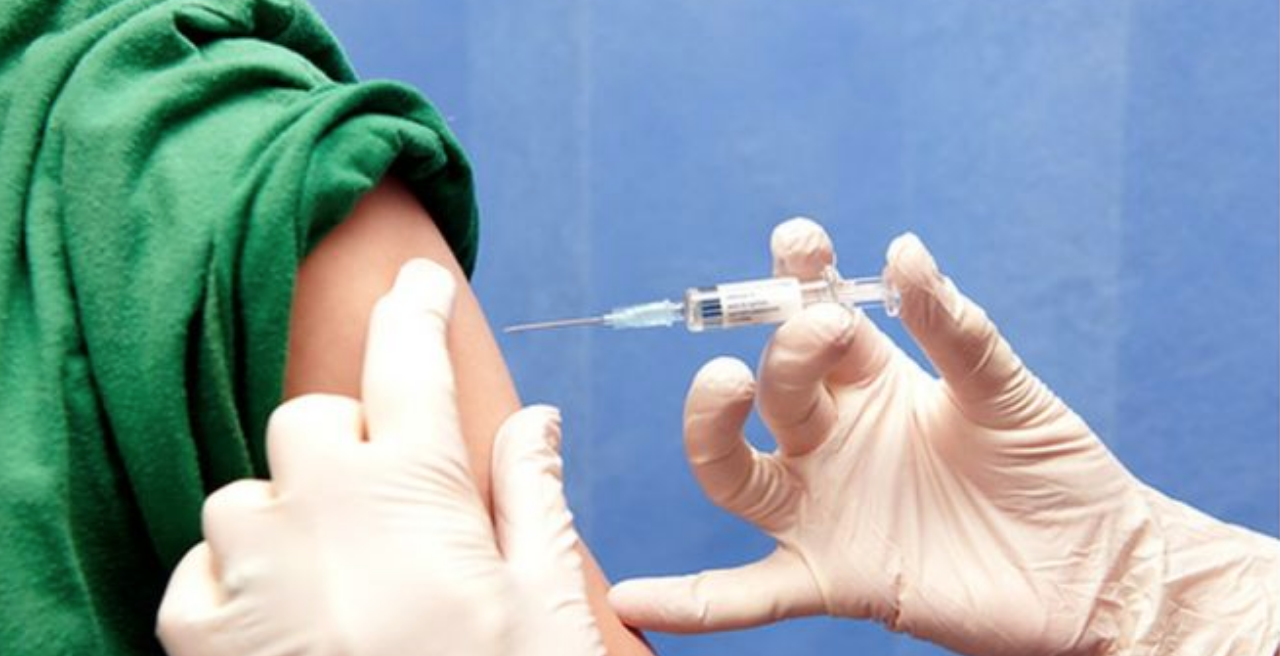
Danielle Martin
Staff Writer
Student bodies are constantly surrounded by, well, students’ bodies.
Through touch, breath and other forms of contact we can spread anything from the common cold to meningococcal meningitis.
Staying hygienic and health-conscious is just as much common courtesy as opening the door for someone else.
Though, in terms of saving someone’s life, it may be more than common courtesy.
It could be paramount.
Campus just experienced a mumps scare the other week. Thankfully the student’s test results came back negative and saved students from an outbreak.
The mumps may be curable but they are still debilitating, especially to college students who may not be receiving the proper amount of sleep or nutrition from the get-go.
Trying to function under normal circumstances can be a challenge while balancing school, social and work life for many people.
Adding on an infectious disease on top of that might be what some would call, “the straw that broke the camel’s back.”
While everyone gets sick at some point, it’s important to be mindful of others when infection strikes.
You can do things like staying in bed when you have a fever rather than going to class and touching all the same materials as other vulnerable students.
Though we know that “taking a day off” isn’t always possible.
Missing a certain number of classes has consequences. Calling off work as others.
We can’t all afford to stay in bed when we are ill.
In those cases, we can still be courteous.
We can wash our hands more consistently, especially after covering our mouths to cough or blowing our noses.
We can take preventative measures by getting more sleep – that is if it’s at all a possibility for anyone these days.
We could try getting some more exercise and eating more fruits and vegetables.
Try a daily vitamin, some aren’t too expensive at the local grocery store.
Shower. Do laundry. Drink less alcohol. Quit smoking.
Or we can even take the hot-ticket item and get a shot.
For the mumps in particular, they are a preventable infection.
By a young age, most Americans should have received the MMR vaccination before advancing on to public schools.
According to the CDC, “One dose of MMR vaccine is 93% effective against measles, 78% effective against mumps and 97% effective against rubella.”
One shot should be good for life.
If you haven’t had yours yet for whatever reason, please reconsider.
I am fully aware of the vaccine controversy roaming the internet and stating that “vaccines cause autism.”
In 1995, Andrew Wakefield’s, M.D. produced an article for the Lancet stating that there was a connection between infections from the MMR combined vaccination with bowel disease and ultimately autism.
The worldwide press took his article out of proportion and raised chaos among British and American homes. People stopped trusting vaccines completely.
By 2004, Dr. Richard Horton, the editor of the Lancet at the time, revealed the flaws of Wakefield’s writing.
According to the College of Physicians of Philadelphia, Horton wrote –
“[T]hat Wakefield should have revealed to the journal that he had been paid by attorneys seeking to file lawsuits against vaccine manufacturers. In television interviews, Horton claimed that Wakefield’s research was “fatally flawed.” Most of the co-authors of the study retracted the interpretation in the paper, and in 2010, The Lancet formally retracted the paper itself.”
The MMR vaccination does not cause autism.
Please be courteous to your fellow staff and students and take care of yourself.
Email Danielle at:
dmartin33@live.esu.edu

